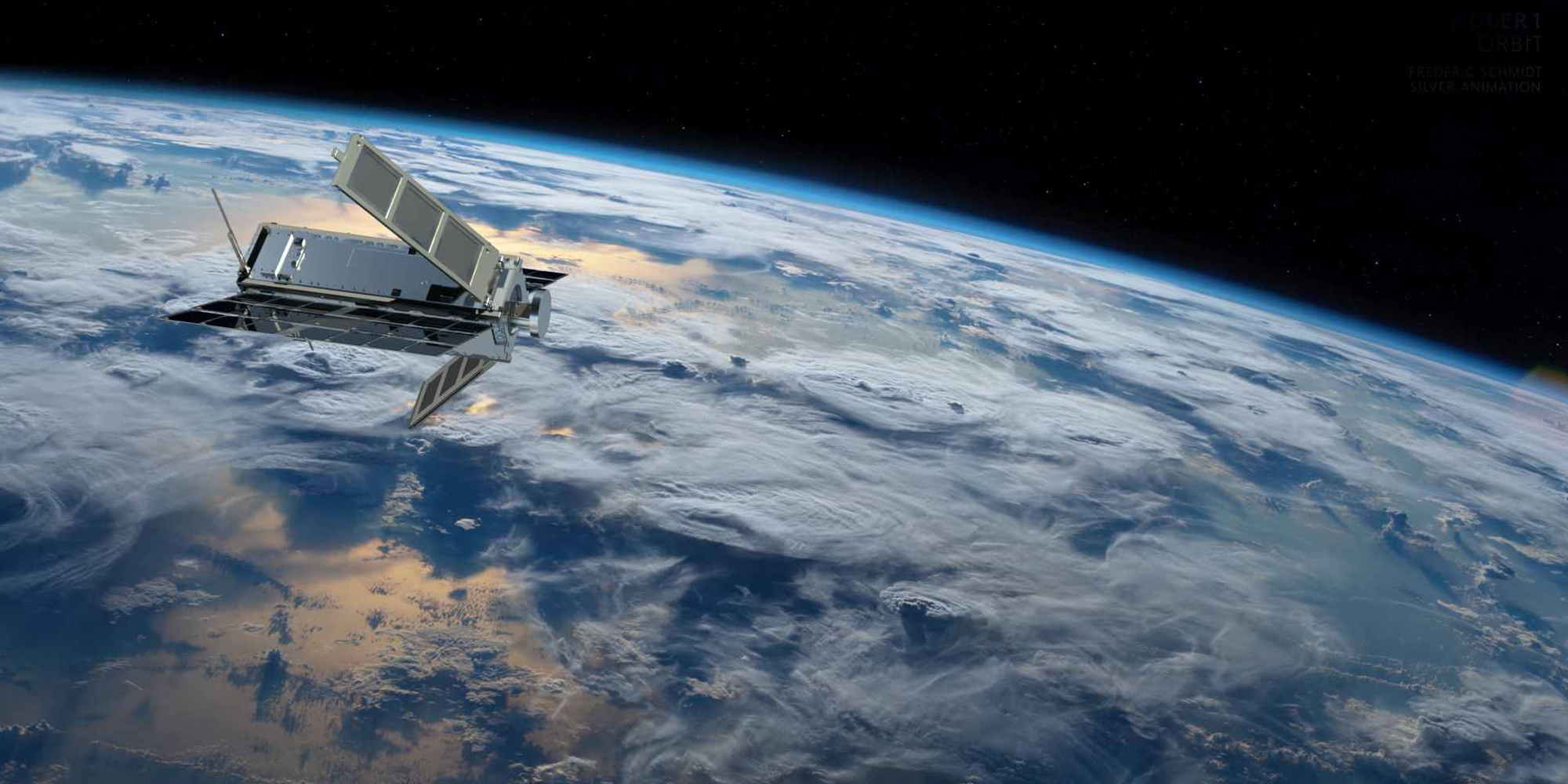press release as pdf
Live-Stream: On the wings of the ADLERs
press accreditation for Ars Electronica Festival
Ars Electronica Blog
TUE 10.5.2022 / 7:00 – 8:30 P.M.
(Linz, 8.5.2022) Blown-off rocket stages, derelict satellites, bolts, screws or paint residues: by now, there is already a lot of space debris in low-Earth orbit. And the trend is rising, with companies such as SpaceX having launched around 1,400 new satellites into space in 2021 alone. How much space debris is floating above our heads, what dangers arise from this and how the small satellite “Adler-1” could help to reduce these risks, tells the director of the Austrian Space Forum and PM Wissen TV presenter Gernot Grömer at a Deep Space Lecture on Tuesday, 10.5.2022. Start is at 19:00. This Deep Space Lecture, which can also be followed via live stream, is supported by LINZ AG and HYPO Upper Austria. With a valid museum ticket, admission is free.
About Gernot Grömer
Gernot Grömer, born in 1975 in St. Florian, is an Austrian astrophysicist and television presenter. Gernot Grömer studied astronomy followed by a PhD in astrobiology in Innsbruck. He is co-founder and administrative director of the Austrian Space Forum and teaches and conducts research at various universities, with a focus on manned Mars exploration and astrobiology. Grömer has led more than 12 Mars expedition simulations, including in the Dhofar Desert in Oman, the Northern Sahara, Utah, and southern Spain. He is also a leading force in the development of the experimental space suit simulator Aouda.X.
Three new event formats in Deep Space 8K
Concerts of various genres accompanied by immersive visualizations, unique visual experiences that invite interactive participation and inspiring lectures by top-class experts on a wide range of topics. With the three new event formats “Deep Space Concert”, “Deep Space Lecture” and “Deep Space Experience”, the diverse possibilities of Deep Space 8K are used to offer artists, musicians and researchers the perfect setting.
Photo:
Adler-1 / image: Österreichisches Weltraum Forum / print version


